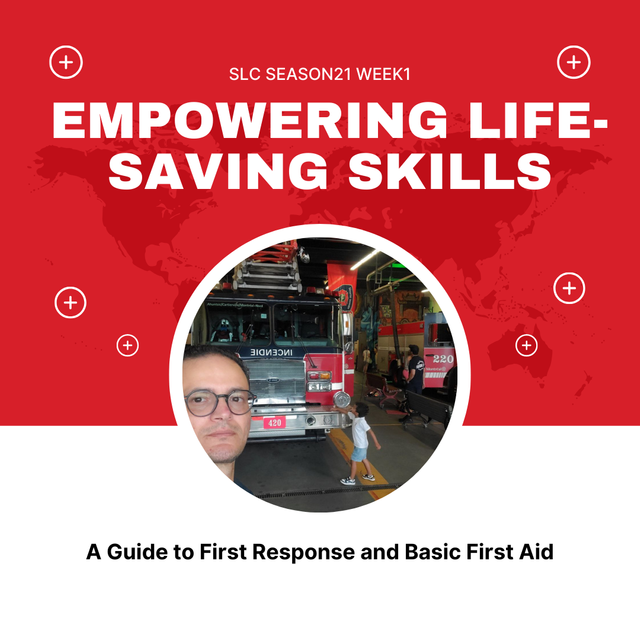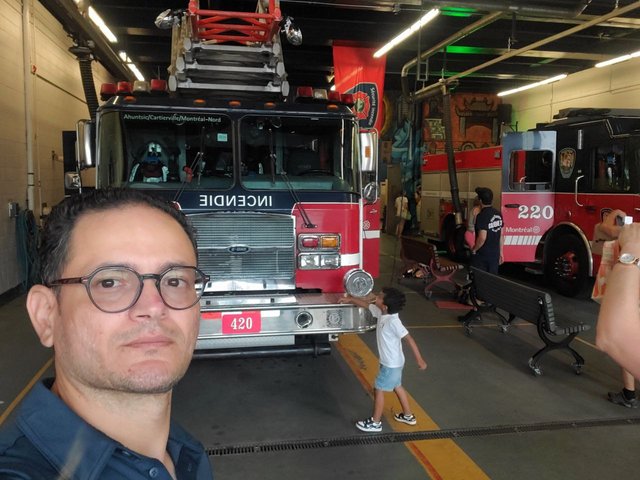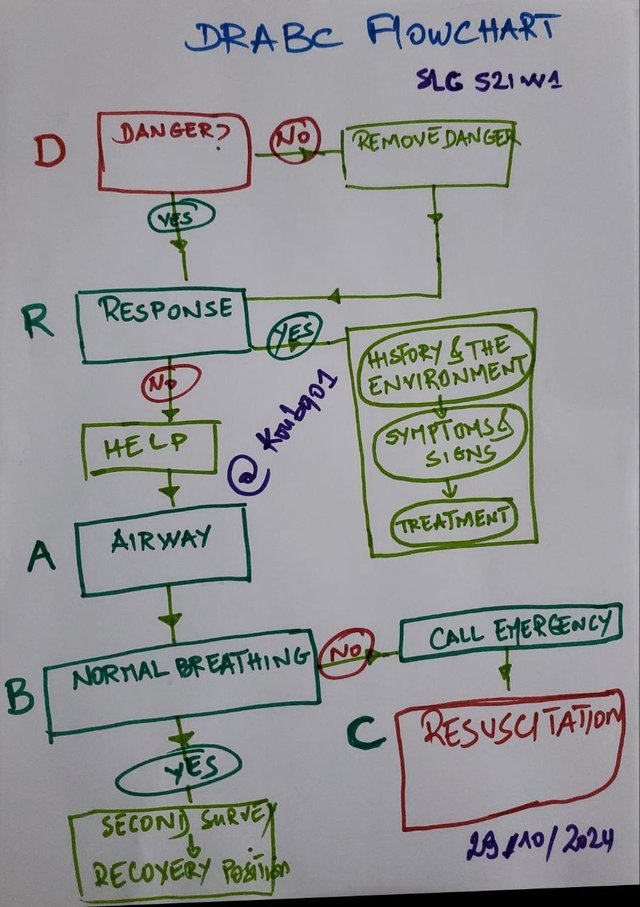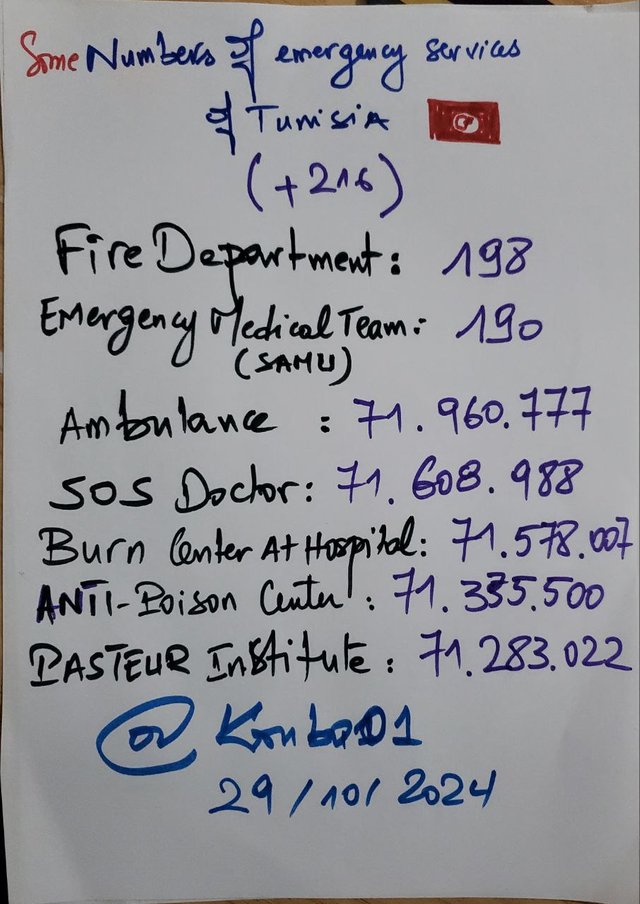SLC21/WK1: Empowering Life-Saving Skills: A Guide to First Response and Basic First Aid

Hello steemians,
I am excited to take part in the first week of SLC Season-21, where we will be learning about "A Guide to First Response and Basic First Aid." Let’s dive in and get started!
Share your any experience of your life, in which you faced the emergency that could be handled by your own only if you know the basic first response skills.
I vividly recall a situation where basic first aid skills would have been a huge help to me. This situation occurred years ago at a family picnic in a relatively remote area (in mountain) with limited access to immediate help. My excited and energetic young cousin was running around when he tripped on some rough ground and had a nasty fall. When we rushed to him we saw that he was holding his arm in pain which was swollen and clearly looked like he had a fracture.
I felt helpless at that moment since I had no formal training to treat these types of injuries. I knew he shouldn’t move his arm too much but I didn’t know how to keep it still or prevent further injury. With no medical facilities nearby and spotty cell service, I realized that if I had been trained in basic first aid skills, I could have better managed his injury until we reached the hospital. As a theoretical idea I knew that it was essential to immobilize the arm to prevent further fracture but my lack of experience and resources made it difficult for me and left me frozen in such a situation.
Looking back, this experience taught me the importance of basic first aid techniques. I believe that simple interventions such as making a temporary splint from readily available materials to stabilize a fracture or applying a cold compress to reduce swelling can make a huge difference in such situations, so after this incident I took it upon myself to learn these techniques and learn how to do them. They are especially important when professional help is not immediately available.
Imagine you are walking back home, when you witness a road traffic accident between a car and a motorcycle, and the motorcyclist is lying on the road, not moving. There’s some bleeding from his leg, and he appears to be unconscious. You being the first responder, how will you manage this scenario?
For such a dangerous situation, I will quickly assess the safety of the scene to ensure that there is no immediate danger such as heavy traffic or a fuel leak, and if there is a risk I will try to signal other drivers to slow down or ask for help from witnesses to move vehicles away and create a safety zone around the victim. After that I approach the motorcyclist and gently check if he is conscious by talking to him out loud and tapping his shoulder. If he reacts, I reassure him and ask him to stay still until help arrives. However, since he appears unconscious, it is essential to check the airway, breathing and circulation.
And I gently tilt his head back to check if he is breathing by lifting his chin to open the airway being careful not to move his neck or spine too much to avoid any potential worsening of a spinal injury. Then I would place my ear close to his nose and mouth to listen for the breath and observe any chest movement. If he is breathing, I would gently place him in a side recovery position to keep the airway clear, always taking care to move his spine as little as possible.
If the rider is not breathing, I would know that it is necessary to administer chest compressions, keeping in mind that this involves risks without medical equipment. Alternatively, if the leg is bleeding heavily I would apply direct pressure to the wound with a clean piece of cloth to slow the bleeding, then, if possible, elevate the leg slightly to minimize blood loss.
As I immediately call for help, providing as much detail as possible about the situation and specifying the nature of the visible injuries and the state of unconsciousness of the victim, and I stay at the victim's side to monitor their vital signs until help arrives, while providing them with the necessary assistance to stabilize their condition as much as possible.
Draw or Create an engaging illustration/flowchart of DRABC protocol (Try to be creative and don't forget to add your username on the illustration)
Write down the numbers of emergency services of your country/area on a paper (Minimum 5, maximum 10)
Thank you very much for reading, it's time to invite my friends @lil.albab, @miftahulrizky, @heriadi to participate in this contest.
Best Regards,
@kouba01




Sometimes terrible life experiences like the one you shared moved us to acquire some life saving skills just like the one you did there.
Getting first aid skills are very much important. Before my dad passed on, he used to have a big box that contains all the first aid tools - written boldly "Red Cross".
I only know how to use few of them and also carry out few few emergency first aid.
Basic skills are very important for saving lives, and the way you explain it so simply is really inspiring.
Good luck for the contest.